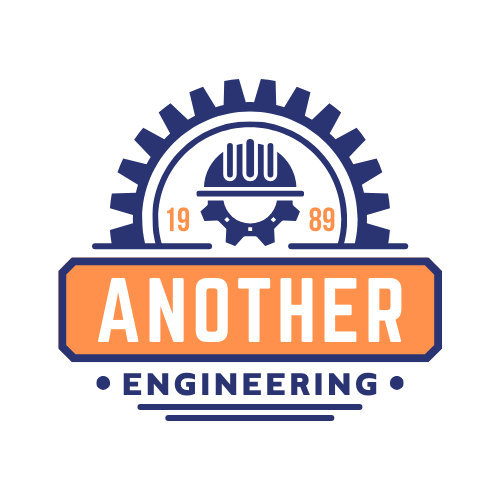The use of process control and instrumentation is an essential component of contemporary industrial processes. These components ensure that production operations are carried out effectively and efficiently. An examination of the relevance of process control and instrumentation, as well as the important components involved, the many kinds of control systems, the significance of instrumentation, the role of automation, the obstacles, and the future trends, will be presented in this article.
Process Control and Instrumentation: An Introduction to the Subject

The systems and apparatus that are used for monitoring and regulating industrial processes are referred to as process control and instrumentation. The regulation of temperature, pressure, flow, level, or composition are only some of the procedures that may be involved in these operations. First and foremost, the objective is to ensure that the process conditions are ideal in terms of quality, efficiency, and safety.
Explaining the Importance of Process Control
Optimized Performance:
This guarantees that procedures are carried out without any hiccups and get the intended results.
In terms of efficiency, control systems contribute to the reduction of waste and the enhancement of production.
It creates a safe working environment and decreases the likelihood of accidents by ensuring that essential parameters are under control at all times.
Controlling the process ensures that the product’s quality is constant by ensuring that the conditions are maintained precisely.
Principal Elements That Constitute Process Control Systems
Transmitters and Sensor Components
Measurement of process variables, including temperature, pressure, and flow rates, is accomplished via the use of sensors and transmitters. They take the physical characteristics and turn them into electrical signals so that they may be processed further.
In addition to Control Valves, Actuators
Depending on the control signals that are received from the controller, actuators and control valves are used to alter the variables of the process. The regulation of flow rates, pressure, and other parameters is facilitated as a result of this.
Controllers and programmable logic controllers
Controllers and the system’s brainlets, programmable logic controllers (PLCs), are in charge of controlling the control system. Control signals are sent to actuators to maintain the desired conditions. They accept input from sensors, analyze the data, and then provide control signals.
Process Control Systems in Their Various Forms
System Controls That Are Open-Loop
An open-loop system is one in which the controller does not get any feedback from the process and instead delivers a continuous signal to the actuator. Although these systems are straightforward, they are not precise and are not appropriate for dynamic operations.
Methods of Control That Are Closed-Loop
The feedback from the process is utilized to alter the control signal in closed-loop systems. This makes the systems more precise and makes them suited for dynamic processes.
The significance of instrumentation in the process control system
The process of selecting and installing control devices, transmitters, actuators, and sensors is referred to as instrumentation. The use of the right tools makes accurate and reliable data collection possible, which ultimately leads to effective process management.
In the context of process control and instrumentation, the role of automation
Within the context of contemporary process control, automation plays a crucial role. Automated systems can function constantly, which reduces the need for human involvement and mistakes. In addition, they provide remote monitoring and control, which contributes to increased productivity and security.
Problems that arise in the field of process control and instrumentation
In the realm of process control and instrumentation, some of the challenges include:
Complexity: The processes that are used in modern times are complicated and need sophisticated control systems.
Integration is a complex process that involves integrating a variety of various components and systems.
To guarantee the dependability of control systems, it is essential to perform maintenance on them in the appropriate manner.
Information security: Cybersecurity risks have the potential to threaten the safety and integrity of control systems.
Future Developments in the Field of Instrumentation and Process Control
This is because technological developments are the driving force behind the future of process control and instrumentation.
IoT and IIoT: The Internet of Things (IoT) and the Industrial Internet of Things (IIoT) make it possible to conduct data-driven real-time monitoring, predictive maintenance, and decision-making.
Artificial Intelligence and Machine Learning: Algorithms that use AI and machine learning enable control systems to be optimized and process efficiency to be improved.
Digital Twins: Digital twins are virtual versions of actual assets and processes that enable simulation and optimization. Digital twins are also known as digital replicas.
Final Thoughts
When it comes to industrial processes, process control and instrumentation are very necessary to keep conditions at their ideal level. In addition to being essential for contemporary production, they contribute to the achievement of efficiency, quality, and safety. The future of process control is bright thanks to developments in technology, with the Internet of Things (IoT), artificial intelligence (AI), and digital twins leading the way.

